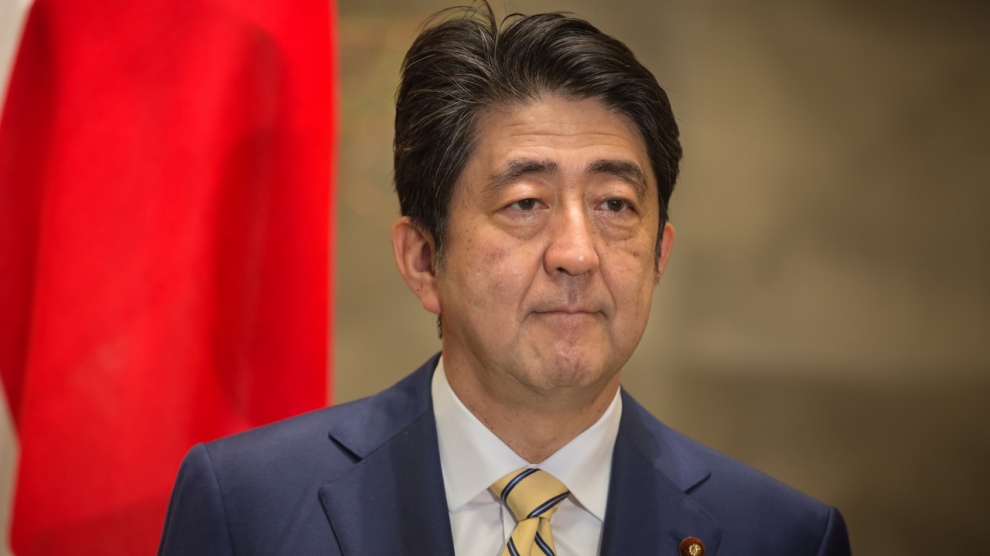Japanese Prime Minister Shinzo Abe continued a six-day visit to the Baltics and the Western Balkans with a stop in Sofia on January 14, where he met with his Bulgarian counterpart Boyko Borissov. The two men agreed to to continue working towards the early implementation of the Japan-EU free trade agreement. Bulgaria took over the rotating six-month presidency of the European Council on January 1.
According to the agreement, Japan will not have to pay tariffs on European imports of Japanese vehicles and goods anymore, while Europe will not pay for agricultural exports to Japan.
“We will do all we can during our EU Presidency to speed the process of concluding negotiations on this dea; between the European Union and Japan,” Mr Borissov said. “The deal is extremely important for Bulgarian business.”
Mr Abe praised Bulgaria’s efforts to bring the countries of the Western Balkans into the EU, and announced a Japanese plan aimed at assisting the process. Mr Borissov promised that options would be found for Japanese companies to implement large infrastructure projects in Bulgaria and across the Western Balkans.
Mr Abe’s visit is the first to the Bulgarian capital by a Japanese head of government. He will also visit Serbia and Romania before returning to Japan. Before arriving in Bulgaria, Mr Abe visited Estonia, Latvia and Lithuania. A delegation representing more than 30 Japanese companies is travelling with him.
Japan is keen to compete with China’s New Silk Road initiative, which aims to build new rail, maritime and road links from Asia to Europe.

